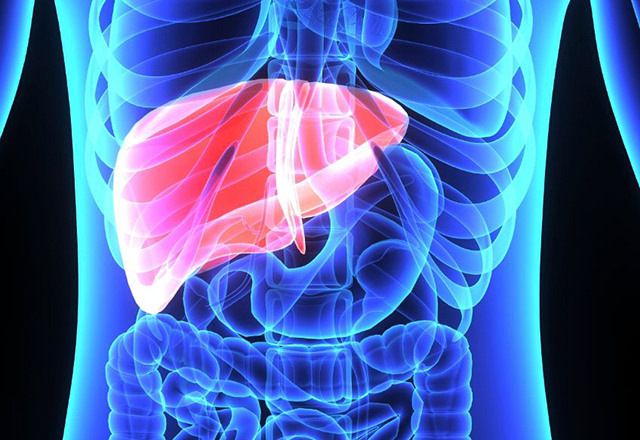Reviewed by Megan Craig, M. Sc.
A surgical team from Washington University School of Medicine in St. Louis recently performed the first robotic liver transplant in the U.S. in May at Barnes-Jewish Hospital.
A surgical team from Washington University School of Medicine in St. Louis recently performed the first robotic liver transplant in the U.S. Read the full article in News Medical Life Sciences.

